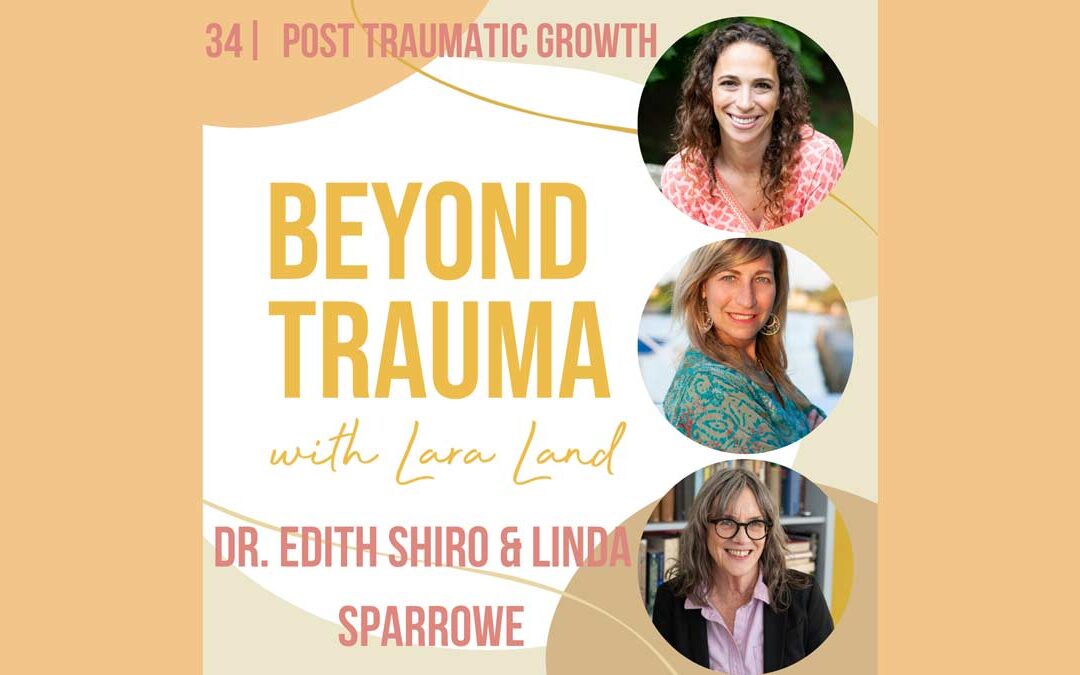In the face of adversity, it is natural to focus on the negative impacts of trauma. However, there is a phenomenon known as post-traumatic growth (PTG) that offers a glimmer of hope. PTG refers to the positive psychological changes that individuals can experience after going through a traumatic event. In this blog post, we will explore the concept of post-traumatic growth, its benefits, and provide practical strategies for fostering resilience and embracing personal transformation.
Understanding Post-Traumatic Growth
The human spirit has an incredible capacity for resilience and growth, even in the face of the most challenging circumstances. Post-traumatic growth is an emerging field of study that explores how individuals can experience positive changes in various areas of their lives following trauma. These changes can manifest in five key domains:
- Personal Strength: Individuals often discover newfound inner strength and resilience as a result of their experiences. They learn to confront and overcome their fears, gaining a renewed sense of personal power.
- Greater Appreciation of Life: Trauma can provide a profound wake-up call, prompting individuals to reevaluate their priorities, savor the present moment, and find joy in the simple things that were once taken for granted.
- Improved Relationships: Some people develop deeper empathy and compassion towards others as a result of their own suffering. Trauma can lead to enhanced interpersonal connections and a greater willingness to offer support to others.
- New Possibilities: Adversity can act as a catalyst for change, sparking creativity and the pursuit of new opportunities. Individuals may discover untapped potential, set new goals, and find a renewed sense of purpose.
- Spiritual Growth: Trauma often prompts individuals to explore existential questions, leading to a deepening of their spiritual beliefs or the development of a new sense of meaning and purpose in life.
Strategies for Cultivating Post-Traumatic Growth
While post-traumatic growth is a deeply personal and individual process, there are strategies that can facilitate this transformative journey. Here are some practical steps to foster post-traumatic growth:
- Seek Support: Reach out to supportive friends, family, or professionals who can provide a safe space for processing emotions and experiences. Support groups can also offer valuable insights and connections with others who have undergone similar challenges.
- Practice Self-Care: Prioritize self-care activities that promote physical, emotional, and mental well-being. Engage in regular exercise, maintain a balanced diet, practice mindfulness or meditation, and engage in activities that bring you joy.
- Reframe Your Narrative: Challenge negative thought patterns and reframe your trauma as an opportunity for growth. Viewing the experience as a transformative journey can help shift your perspective and open up possibilities for personal development.
- Embrace Resilience-building Activities: Engage in activities that foster resilience, such as journaling, practicing gratitude, engaging in hobbies, or seeking professional therapy. These activities can help build emotional strength and facilitate post-traumatic growth.
- Set Meaningful Goals: Identify new goals that align with your values and aspirations. This can provide a sense of direction and purpose, allowing you to channel your energy towards positive personal growth.
While trauma is undoubtedly difficult and challenging, it is essential to recognize that growth and transformation are possible even in the aftermath of adversity. Post-traumatic growth allows individuals to tap into their inner resilience, discover newfound strengths, and uncover a renewed sense of purpose. By embracing support, practicing self-care, reframing your narrative, and setting meaningful goals, you can embark on a journey of post-traumatic growth, turning your pain into profound personal transformation.
Remember, everyone’s journey is unique, and healing takes time. Be patient with yourself, embrace self-compassion, and celebrate the small victories along the way. Post-traumatic growth is not about erasing the past but rather using it as a stepping stone towards a brighter, more resilient future.
If you or someone you know is struggling with trauma, do not hesitate to seek professional help. There are resources available to support you on your journey towards post-traumatic growth.
Together, let us unlock the incredible potential for positive transformation that lies within each of us. Reach out for coaching and check out the latest episode of the Beyond Trauma Podcast with Dr. Edith Shiro expert and author in PTG.


Recent Comments